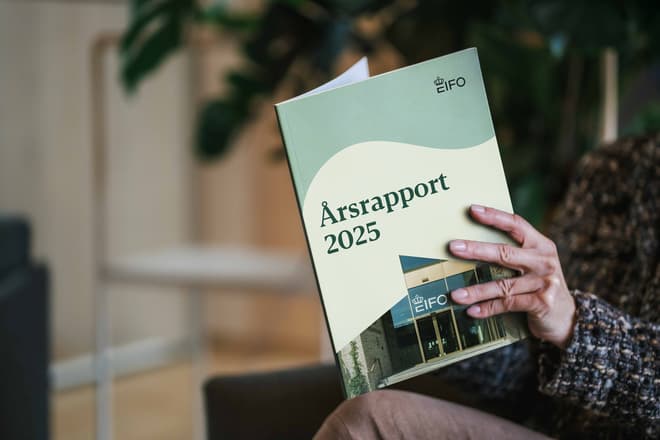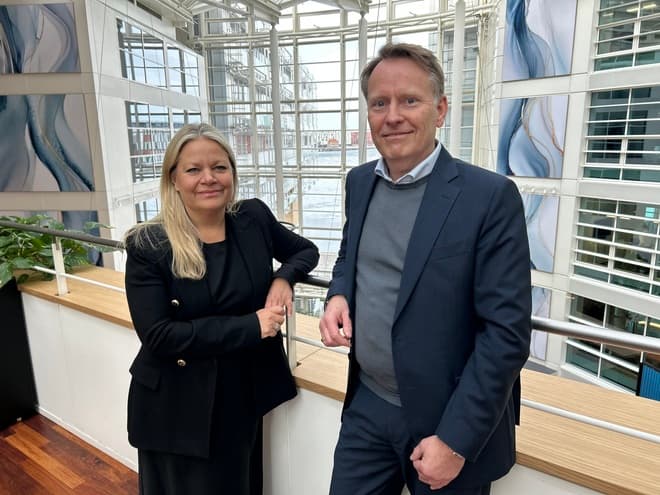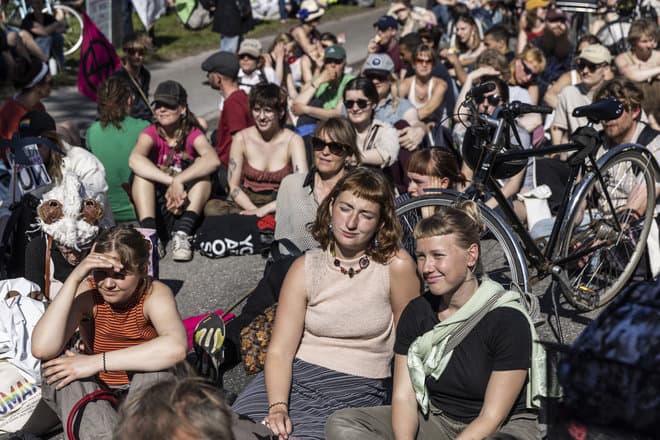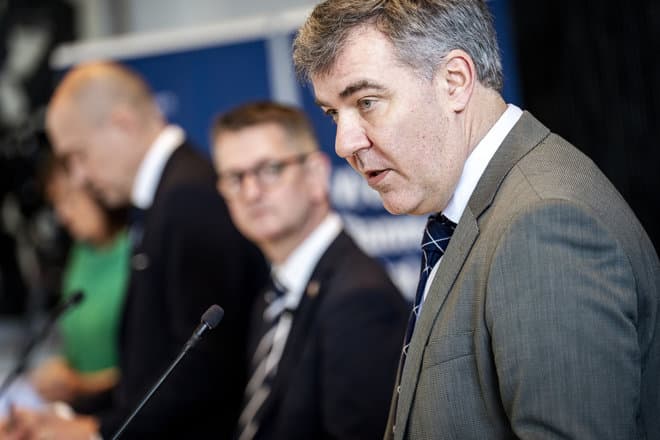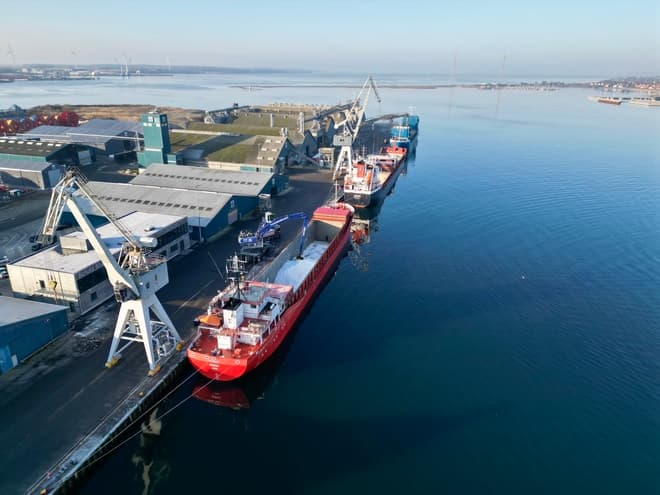The Norwegian government is allocating an estimated five billion Norwegian kroner (just under 3.7 billion DKK) to keep consumers' electricity bills at an acceptable level at a time when global energy prices are skyrocketing. This was announced by Prime Minister Jonas Gahr Støre at a press conference.
From the next electricity bill, half of the price in addition to a spot price of 70 øre per kilowatt will be deducted.
- Today, the government can present a response to the electricity crisis that many in Norway are experiencing. Now the community is standing up for each other, says Støre.
The scheme will cover electricity consumption from December to March. This applies to electricity consumption of up to 5,000 kilowatt-hours per month. A level that the vast majority of Norwegian consumers are well below.
According to NRK, the left-wing party SV says that it will help the government quickly get the electricity package passed in the Storting.
Opposition resistance
But the opposition is not very enthusiastic about the government's electricity agreement. The Progress Party believes that the government is doing magic numbers when it makes it look like the billion-dollar package is large.
- The fact is that the public sector receives additional income of around 40 billion kroner from the increased electricity prices, but only gives five billion back to electricity customers, says the party's deputy chairman, Ketil Solvik-Olsen.
He says that even if Norwegian households get a small helping hand, they will have to pay around three times more for electricity in the government's plan than they have on average in the past eight years.
- That is not sustainable, says Solvik-Olsen.
He also criticizes that there is no help for the business community in the package. The Green Party believes that the government's package rewards wasteful electricity.
- Instead of picking up the bill for people with high electricity consumption, everyone should have been paid the same amount. Then those who use little electricity would have received the most, says Rasmus Hansson from the party.
Ritzau / NTB
Text, graphics, images, sound, and other content on this website are protected under copyright law. DK Medier reserves all rights to the content, including the right to exploit the content for the purpose of text and data mining, cf. Section 11b of the Copyright Act and Article 4 of the DSM Directive.
Customers with IP agreements/major customer agreements may only share Danish Offshore Industry articles internally for the purpose of handling specific cases. Sharing in connection with specific cases refers to journaling, archiving, or similar uses.
Customers with a personal subscription/login may not share Danish Offshore Industry articles with individuals who do not themselves have a personal subscription to Danish Offshore Industry.
Any deviation from the above requires written consent from DK Medier.



